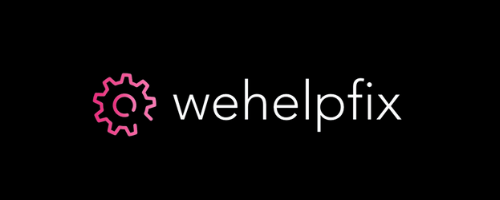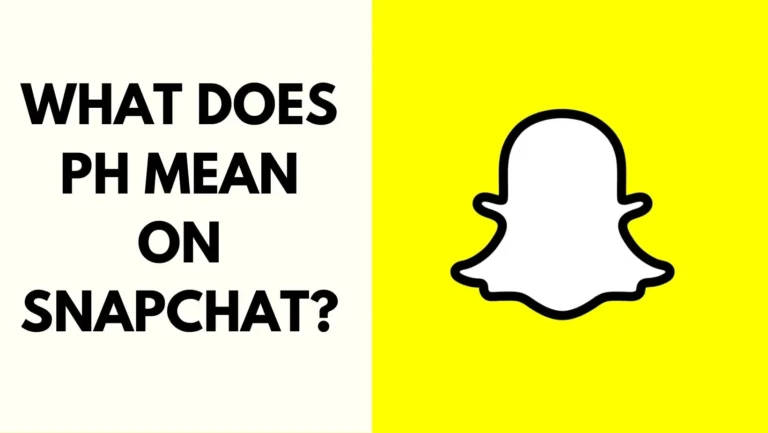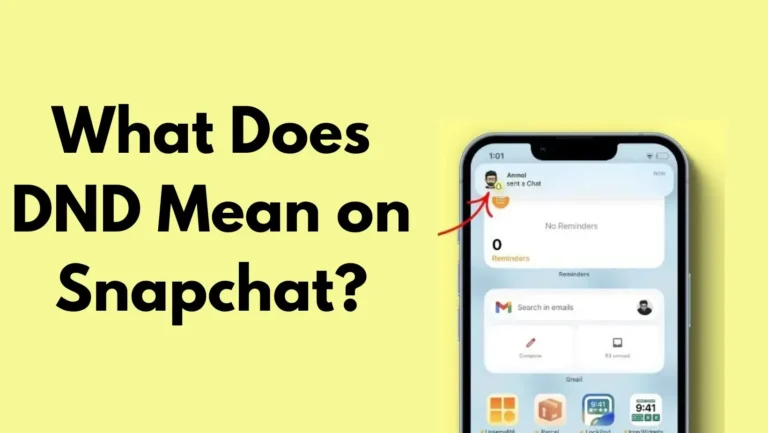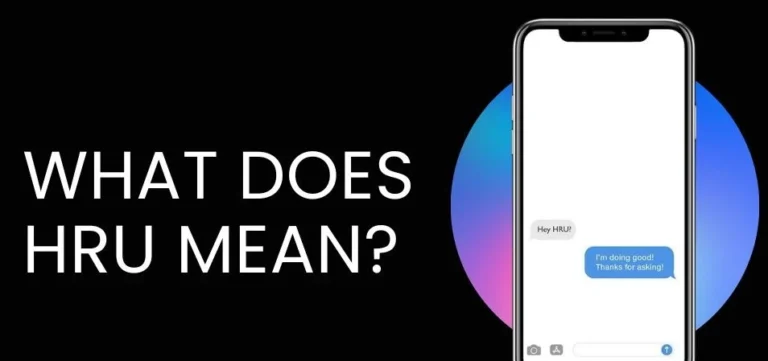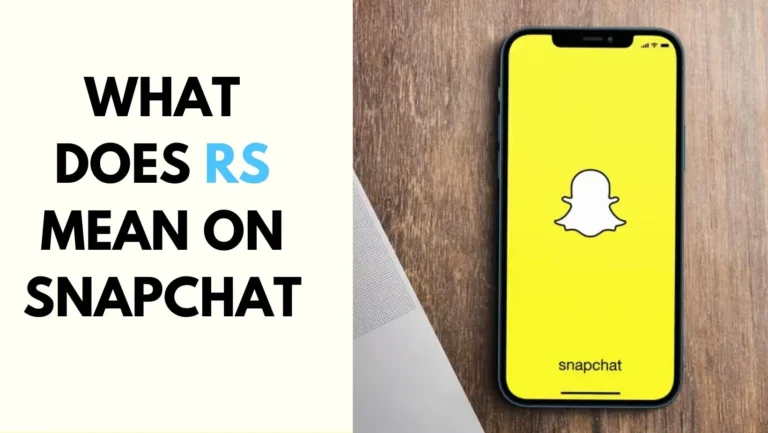What Does YWA Mean on Snapchat: Revealed?
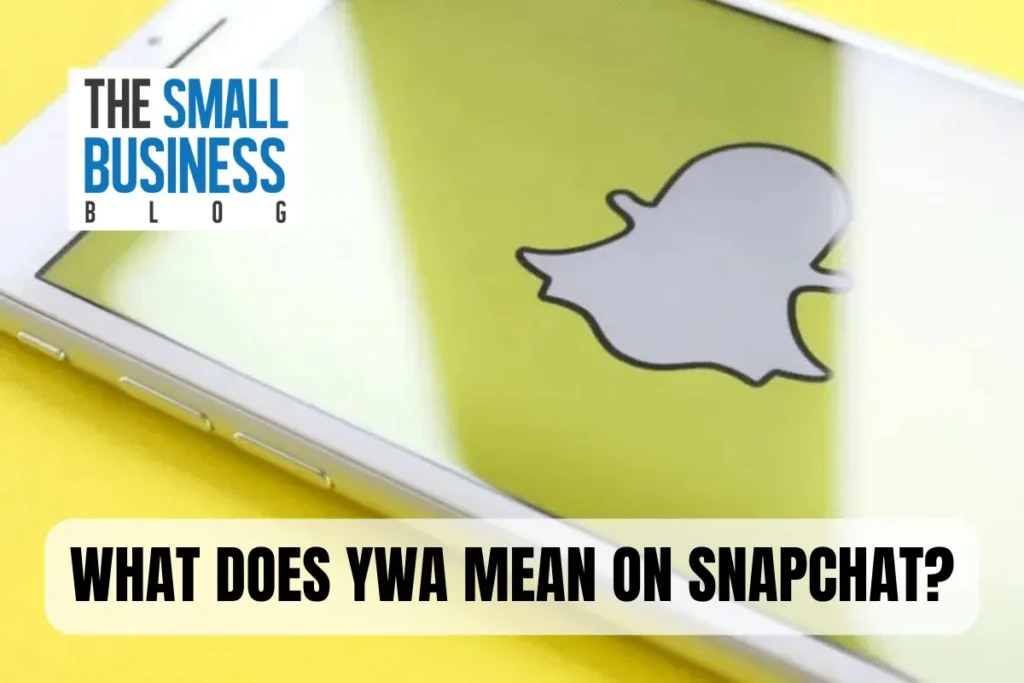
Have you ever received a message on Snapchat that says “YWA“? Do you wonder what it means and how to use it? If so, you are not alone. Many people are confused by this acronym and its usage on social media platforms like Snapchat. In this article, we will reveal the meaning of YWA, its origins and usage, related terms, examples, and more. By the end of this article, you will be able to understand and use YWA like a pro.
YWA Meaning
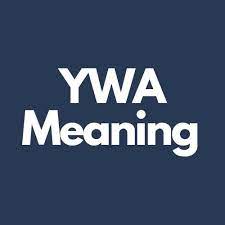
YWA stands for “You’re Welcome Anyway“. It is a polite and friendly way of saying “you’re welcome” when someone thanks you for something that you did or said. It implies that you did not expect or need their gratitude, but you appreciate it nonetheless.
What Does YWA Mean?

YWA is a common acronym that is used in text messages, online chats, and social media posts. It is especially popular on Snapchat, where users send short and snappy messages to their friends and followers. YWA is one of the many abbreviations that are used to save time and space when typing or speaking.
Also read: What Does IMSG Mean on Snapchat?
Origins and Usage of YWA
YWA is derived from the phrase “you’re welcome anyway“, which has been used in spoken and written English for a long time. The acronym YWA was first recorded in the early 2000s, when internet slang and texting abbreviations became widespread. YWA is similar to other acronyms that express gratitude or appreciation, such as TY (thank you), NP (no problem), and NVM (never mind).
YWA is used in various situations and contexts, but mainly when someone thanks you for something that you did or said. For example, if you give someone a compliment, a piece of advice, a favor, or a gift, and they say “thank you”, you can reply with “YWA”. This shows that you are happy to help them, but you do not expect anything in return.
Related Terms to YWA
YWA is not the only acronym that means “you’re welcome”. There are several other terms that have the same or similar meanings, such as:
- YW: You’re Welcome. This is the most common and standard way of saying “you’re welcome” in text messages and online chats. It is simple and straightforward, and can be used in any situation.
- YVW: You’re Very Welcome. This is a more enthusiastic and emphatic way of saying “you’re welcome”. It shows that you are very glad to help someone, and that you enjoyed doing it.
- YMW: You’re Most Welcome. This is another way of expressing a high degree of gratitude and appreciation. It shows that you are extremely happy to help someone, and that you consider it an honor or a privilege.
- YWA: You’re Welcome Always. This is a more friendly and warm way of saying “you’re welcome”. It shows that you are always ready and willing to help someone, and that you do not mind doing it.
- YWIA: You’re Welcome In Advance. This is a more proactive and confident way of saying “you’re welcome”. It shows that you are sure that someone will thank you for something that you are about to do or say, and that you are already accepting their gratitude.
Examples of YWA in Sentences
Here are some examples of how YWA can be used in sentences, along with the possible contexts and scenarios:
- A: Thanks for the ride, I really appreciate it.
- B: YWA, it was no trouble at all. (B gave A a lift to their destination, and A thanked them for it.)
- A: Thank you for the birthday gift, it’s perfect.
- B: YWA, I’m glad you like it. (B gave A a birthday gift, and A thanked them for it.)
- A: Thanks for the recommendation, I loved the movie.
- B: YWA, I knew you would enjoy it. (B recommended a movie to A, and A thanked them for it.)
- A: Thank you for the feedback, it was very helpful.
- B: YWA, I’m happy to help. (B gave A some feedback on their work, and A thanked them for it.)
- A: Thanks for the invite, I had a great time.
- B: YWA, it was fun to hang out with you. (B invited A to a party or an event, and A thanked them for it.)
YWA in Different Contexts
YWA can be used in different contexts and platforms, such as:
- Text messages: YWA is often used in text messages, especially on Snapchat, where users send short and snappy messages to their friends and followers. YWA is a quick and easy way of saying “you’re welcome” when someone thanks you for something that you did or said.
- Online chats: YWA is also used in online chats, such as on Facebook Messenger, WhatsApp, or Telegram. YWA is a convenient and casual way of saying “you’re welcome” when someone thanks you for something that you did or said.
- Social media posts: YWA can be used in social media posts, such as on Instagram, Twitter, or TikTok. YWA is a trendy and cool way of saying “you’re welcome” when someone thanks you for something that you did or said, such as liking, commenting, or sharing their posts.
- Emails: YWA can be used in emails, but only in informal and friendly ones. YWA is a polite and friendly way of saying “you’re welcome” when someone thanks you for something that you did or said, such as sending them some information, helping them with a project, or giving them a compliment.
YWA in Pop Culture
YWA is not only used in text messages, online chats, and social media posts, but also in pop culture, such as in songs, movies, and TV shows. Here are some examples of how YWA has been used in pop culture:
- In the song “Thank U, Next” by Ariana Grande, she sings “Thank you, next (next) / Thank you, next (next) / Thank you, next / I’m so fuckin’ grateful for my ex”. This is a sarcastic and ironic way of saying “you’re welcome” to her ex-boyfriends, who taught her some valuable lessons in life and love.
- In the movie “The Hunger Games: Catching Fire”, Katniss Everdeen says “Thank you for your consideration” to President Snow, after he threatens to kill her and her loved ones. This is a defiant and rebellious way of saying “you’re welcome” to the tyrannical leader, who tried to manipulate and control her.
- In the TV show “Friends”, Chandler Bing says “You’re welcome” to Monica Geller, after he proposes to her. This is a humorous and romantic way of saying “you’re welcome” to his girlfriend, who accepted his proposal.
More about YWA Terminology
YWA is not the only terminology that is used on Snapchat and other social media platforms. There are many other terms and acronyms that are used to communicate and express different things, such as:
- LOL: Laugh Out Loud. This is used to show amusement or laughter at something funny or hilarious.
- BRB: Be Right Back. This is used to indicate that you are leaving the conversation for a short while, but you will return soon.
- TTYL: Talk To You Later. This is used to end the conversation, but imply that you will talk to the person again in the future.
- BTW: By The Way. This is used to introduce a new or additional topic or information that is related to the previous one.
- IDK: I Don’t Know. This is used to show uncertainty or ignorance about something that you are asked or told.
- SMH: Shaking My Head. This is used to show disapproval or disappointment at something stupid or foolish.
- TBH: To Be Honest. This is used to show sincerity or honesty about something that you are going to say or do.
- IMO: In My Opinion. This is used to show your personal view or perspective on something that you are discussing or debating.
- DM: Direct Message. This is used to refer to a private or personal message that you send or receive from someone on a social media platform.
YWA Synonyms
YWA is not the only way of saying “you’re welcome” in text messages, online chats, and social media posts. There are many other ways of saying the same thing, such as:
- No problem
- No worries
- Don’t mention it
- My pleasure
- Anytime
- Glad to help
- Happy to help
- It’s nothing
- It’s all good
- Sure thing
- Of course
- Not at all
Other Meanings of YWA
YWA is not only an acronym that means “you’re welcome anyway”. It can also have other meanings, depending on the context and the field. Here are some other meanings of YWA:
- Yoga With Adriene: This is a popular YouTube channel that features yoga videos and tutorials by Adriene Mishler, a yoga teacher and actress. She has over 10 million subscribers and over 900 million views on her channel.
- Young Women’s Alliance: This is a non-profit organization that empowers
